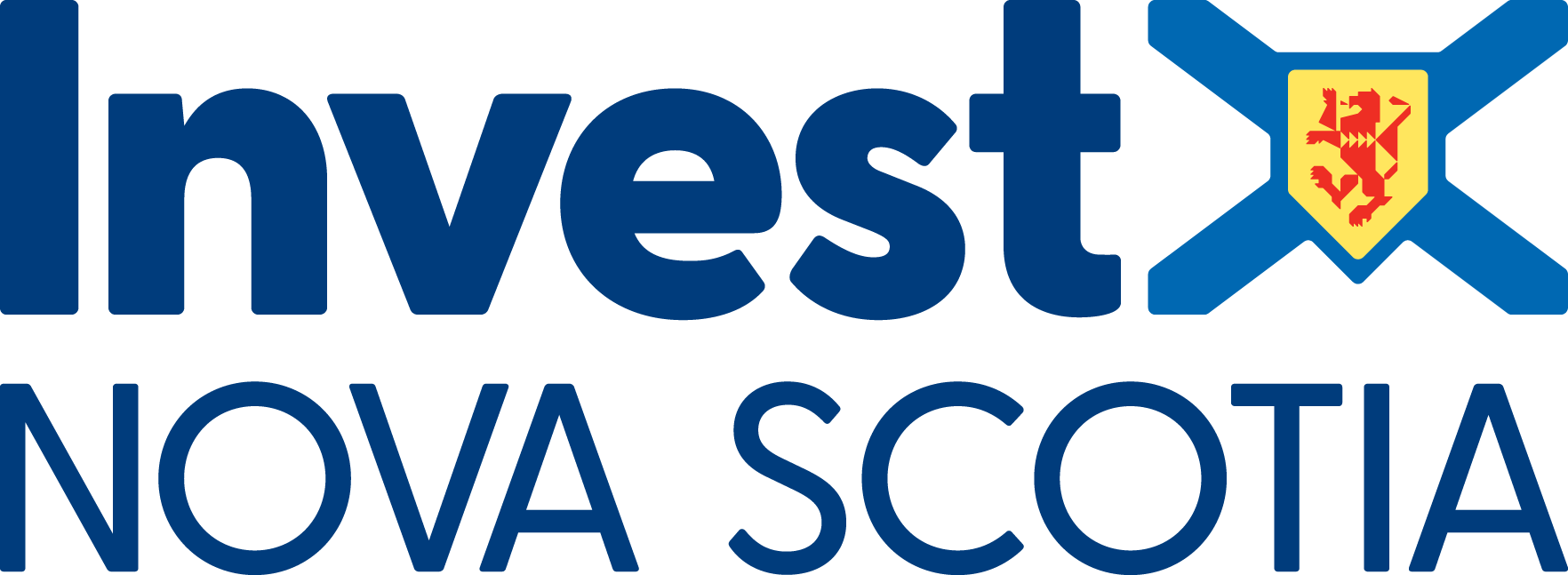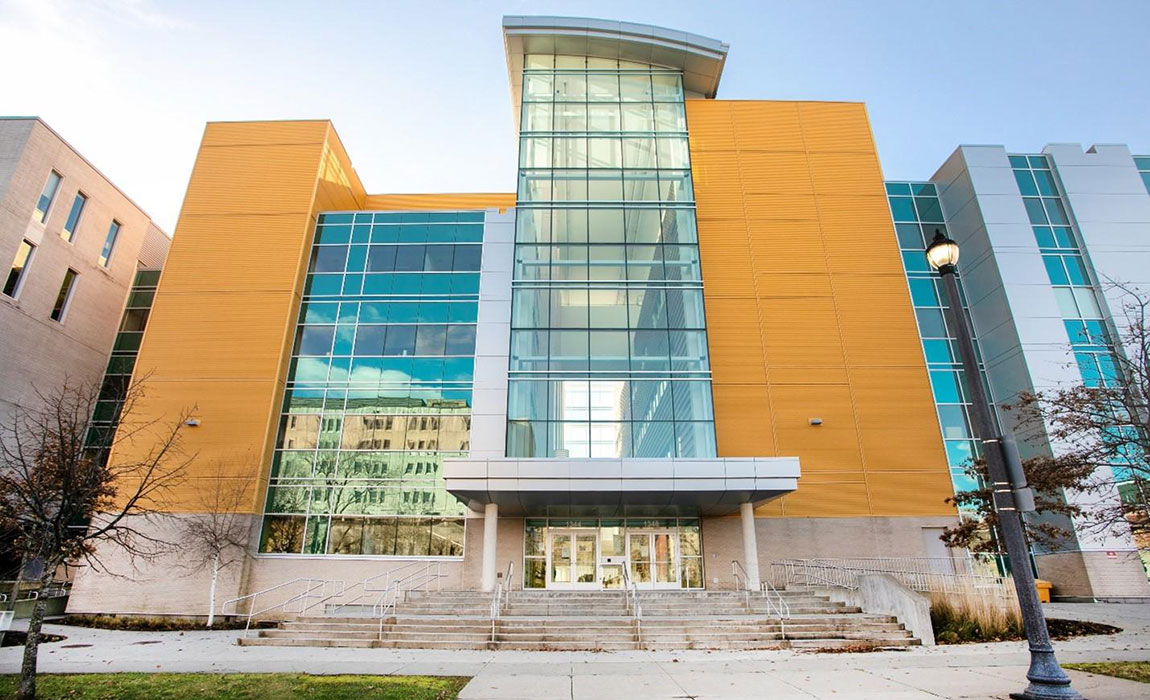Who's Doing Big Data in Nova Scotia: ACENET
Friday, June 19, 2015

Name: Michele Fash
Company: ACENET
Location of company: Virtual in Atlantic Canada, with head office at Memorial University
What kind of data are you working with?
ACENET is a regional consortium of nine universities in Atlantic Canada and the Atlantic Canadian regional partner of Compute Canada, the national umbrella organization responsible for advanced research computing in Canada. We provide advanced computing resources and expertise to researchers in the region and in so doing have been a catalyst for collaboration among researchers, institutions and industry in Atlantic Canada. We facilitate pure and applied research, accelerating discovery, innovation, commercialization and regional development, while keeping Atlantic Canada at the forefront of scientific research and furthering our intellectual economy.
What kinds of analytics are you using?
ACENET provides researchers with access to high performance, big data and GPU computing and storage and offers a staff of experts in applying advanced computing to scientific and other research. Our tools help researchers undertake analysis that would either be impossible or painfully slow on their desktop. From performing high speed or complex computations in chemistry and physics applied across a variety of new materials and technologies, to running simulations with large amounts of data and creating models relevant to tidal energy and climate change, ACENET’s resources enable a variety of research.
What are the problems your group is interested in solving?
As technology progresses and accelerates, researchers are able to tackle more complex problems, including ones whose answers are found through the analysis of Big Data. ACENET is committed to standing alongside our Atlantic Canadian researchers, working to develop and access the tools and capabilities to take on this next generation of research. We see a great deal of opportunity to impact research and the resulting societal benefits in health and life sciences, digital humanities, the arts and social sciences.
How did ACENET evolve?
In 2003, a handful of researchers in Atlantic Canada decided that sharing access to computational research tools and expertise rather than each managing their own computing infrastructure was the best route to accelerate their discoveries in Atlantic Canada. The result was the creation of ACENET. Since then, we have grown to almost 900 researchers and nine university partners.
What are you most proud of in your work?
Being part of some of the incredible discoveries and innovations being made by researchers in Atlantic Canada is a humbling experience, and one by which we are honoured.
What are the biggest challenges in your line of analytics?
As with any organization involved in technology, the biggest challenge is sustained funding to invest in rapidly changing hardware, software and the expertise needed.
What’s the best advice you can give someone interested in getting involved in a career in Big Data?
We are only limited by the openness of our minds.
What’s the best thing about doing Big Data in Nova Scotia that you want to share with the world?
Nova Scotia has a great deal of talent, but more than that, it is committed and passionate about always taking research and innovation to the next level. It’s not afraid to tackle the hard questions.
Learn more about the exciting research happening at ACENET:
Tidal Power Research
"It's information that could be worth millions to the tidal industry."
Greenhouse Gas Emissions
"St. F.X. Scientist uses ACENET network to study greenhouse gas emissions."
To learn more about Big Data in Nova Scotia, please visit: The Next Big Thing in Big Data




